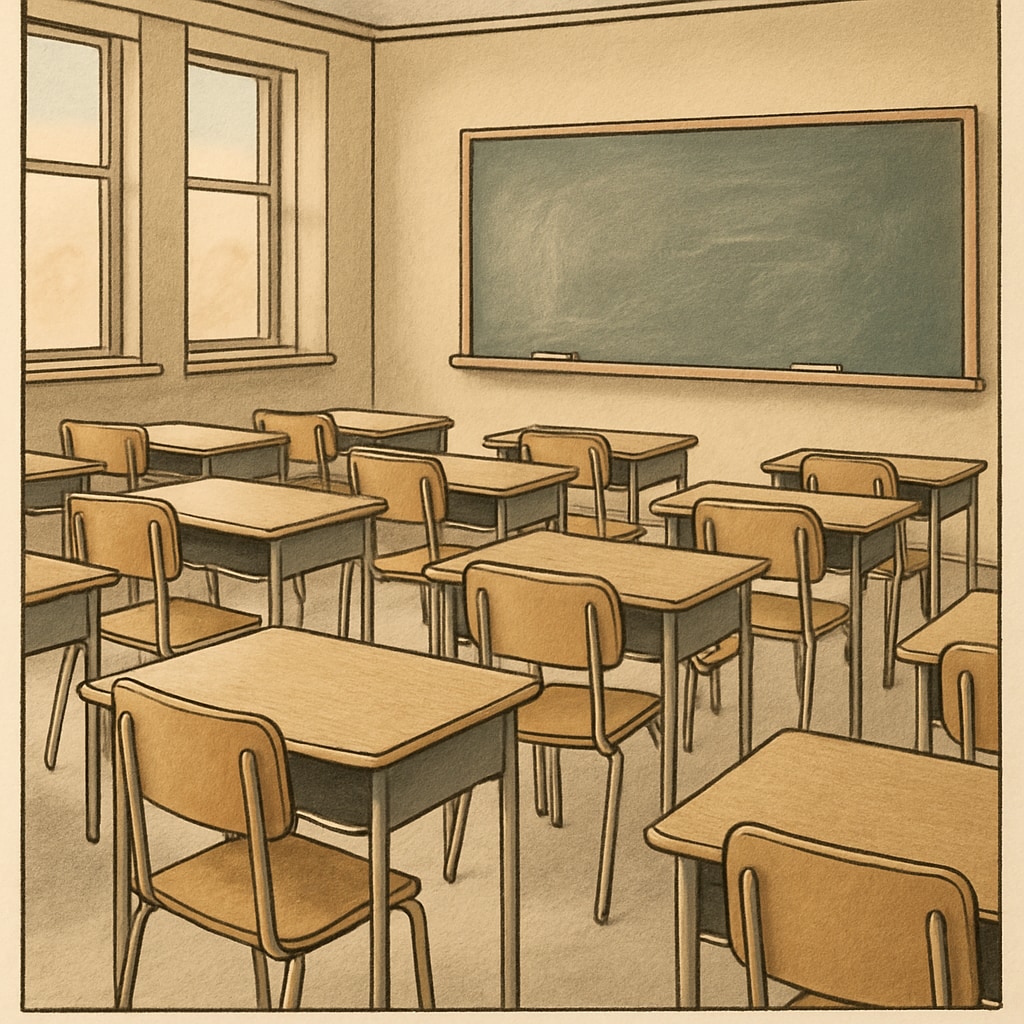The recent introduction of a political stance evaluation for out-of-state teacher applicants in Oklahoma has ignited debates surrounding the intersection of education and politics. By requiring educators to disclose their political ideologies, the state raises serious concerns about freedom of thought, professionalism, and the overall integrity of K-12 education. This policy reflects broader national trends where ideological battles are increasingly spilling into classrooms, threatening the diversity of perspectives that are essential for a well-rounded education.
What Is the New Policy on Teacher Applications?
Oklahoma’s new hiring policy mandates that out-of-state teacher applicants undergo a political stance evaluation as part of the application process. Applicants are reportedly asked to disclose their views on various political and cultural issues, which are then assessed for alignment with the state’s perceived educational values. According to proponents, this policy aims to ensure that educators uphold the community’s cultural and ideological standards. However, critics argue that this approach risks prioritizing political conformity over teaching expertise and professional qualifications.

The Motivation Behind the Policy
The roots of this policy can be traced to growing political polarization in the United States. Recent years have seen heightened scrutiny of educational content, with debates over issues such as critical race theory and gender identity dominating headlines. In Oklahoma, policymakers have argued that the measure is a response to concerns from parents and communities about the perceived politicization of classrooms. By implementing this policy, state officials claim they are protecting students from potentially “biased” instruction.
However, this rationale has drawn significant criticism. Experts warn that such policies risk undermining academic freedom and could discourage qualified teachers from applying to work in the state. Furthermore, critics worry that the policy could pave the way for discriminatory hiring practices, as only those with ideologies closely aligned with the state’s political leadership may be deemed suitable for employment.
Potential Impacts on K-12 Education
The implications of this policy for K-12 education are profound. First and foremost, it risks creating a chilling effect on educators, who may feel pressured to conform to specific ideological lines. This could lead to a homogenization of perspectives in the classroom, depriving students of exposure to diverse viewpoints necessary for critical thinking and civic engagement.
Additionally, the policy may exacerbate an already dire teacher shortage. With states across the country struggling to fill teaching vacancies, introducing political litmus tests could deter talented educators from applying to work in Oklahoma. The long-term consequences for educational quality and student outcomes could be severe.

Balancing Educational Integrity and Political Neutrality
Addressing concerns about political bias in education is undoubtedly important, but implementing policies like Oklahoma’s risks overstepping the boundaries of professionalism and educational integrity. Instead of politicizing the hiring process, states could focus on fostering professional development programs that emphasize critical thinking and balanced instruction. Additionally, creating spaces for open dialogue between educators, parents, and policymakers could help address concerns without infringing on teachers’ rights.
Moreover, it is essential for states to recognize the importance of ideological diversity in education. Students benefit from being exposed to a range of perspectives, as it prepares them to navigate an increasingly complex and polarized world. Policies that prioritize political conformity over professional competence undermine this goal and do a disservice to both educators and students.
Conclusion: A Step Backward for Education
Oklahoma’s decision to incorporate political stance evaluations into its teacher hiring process sets a concerning precedent. While the policy may be framed as a means of addressing parental concerns, it raises critical questions about the role of politics in education and the risks of prioritizing ideology over expertise. As debates surrounding education continue to evolve, it is crucial to ensure that schools remain spaces for learning and growth, free from undue political interference.
Ultimately, the focus should remain on fostering environments where educators are valued for their teaching abilities, not their political affiliations. Only by prioritizing professionalism and diversity of thought can states ensure that students receive the high-quality education they deserve.
Readability guidance: This article uses accessible language and short paragraphs to ensure clarity. Lists and images are incorporated to summarize key points and enhance engagement. Transition words like “however,” “therefore,” and “in addition” are used to maintain logical flow.


